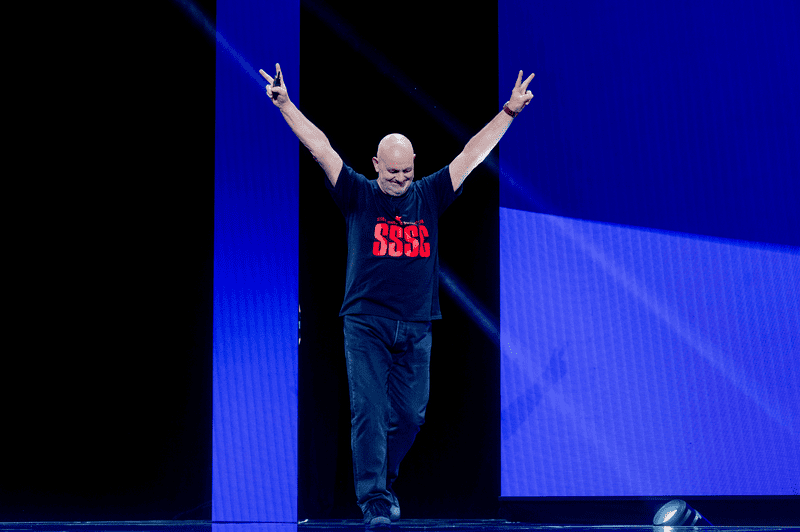
Europe has a long history of car manufacturing, with many established brands, such as Mercedes, dating back to the industry’s early days. However, new companies have struggled to emerge recently, and Lightyear and Sono Motors are facing significant challenges. What are the obstacles to starting a new car manufacturer in Europe today? And does this lack of new companies hinder innovation?
The Rise of the Automobile Industry
In the early 20th century, Europe was at the forefront of automobile innovation. The world’s first car, the Benz Patent-Motorwagen, was built in Germany in 1886, and just two years later, the first gasoline-powered car was produced in France. As early as 1902, Europe was producing 1/3 of all automobiles worldwide. By the end of the 1920s, Europe had become a major player in the global automobile industry.
The success of European car manufacturers was driven by innovation. The introduction of assembly lines in the early 1900s revolutionized production, allowing companies to produce cars more efficiently and quickly. Many carmakers also began to focus on design, creating models that were both efficient and attractive. This combination of efficiency and style allowed European car manufacturers to stay ahead of their competitors in America.
By the end of World War II, Europe had become a central automotive hub with many established brands such as Volkswagen, BMW, Mercedes-Benz, and Fiat. These companies had a long history and reputation for quality and reliability, making them household names across the continent.
The Challenges for Lightyear and Sono
Despite this history of success, starting a new car manufacturer in Europe is no easy task. Established brands have a long legacy that can be hard to overcome. New companies often struggle to gain a foothold in the market.

This is especially true for electric vehicle (EV) companies like Lightyear and Sono Motors. Both companies were founded in 2016 to introduce all-electric vehicles to the market. However, both companies have faced significant financial challenges due to high development costs and low demand for electric vehicles.
Lightyear has had to delay production of its flagship 0 solar EV multiple times due to financial constraints. The company recently suspended production of the 0 model altogether in order to focus on its second model, the Lightyear 2. Sono Motors has also faced financial struggles despite raising over €40 million from over 7,900 people for its Sion electric car.
A Lack of Government Support
In addition to economic challenges, new car manufacturers also face a lack of government support. Many countries provide incentives for buying electric vehicles, such as tax credits or subsidies, but these are often unavailable for new companies. As a result, many potential customers may be unwilling to purchase an electric vehicle from an unfamiliar brand.

Government regulations can also make it difficult for new car manufacturers to enter the market. For example, many countries require that cars meet specific safety standards before they can be sold. This can be an expensive process for small companies that may not have the resources to comply with these regulations.
The Future of Car Manufacturing
Despite these challenges, some experts believe there is still room for new car manufacturers in Europe. With increased government support and improved battery technology, electric vehicles could become more affordable and accessible in the near future. This could open up opportunities for new companies to enter the market.
The success of Tesla has shown that a new company can gain a foothold in the automotive industry. However, starting a new car manufacturer in Europe today is no easy task. Established brands have a long legacy that can be hard to overcome, while government regulations and incentives can make it difficult for small companies to enter the market.
It remains to be seen whether Lightyear or Sono Motors will be successful in their efforts, but their struggle highlights the difficulty of starting a new car manufacturer in Europe today.







